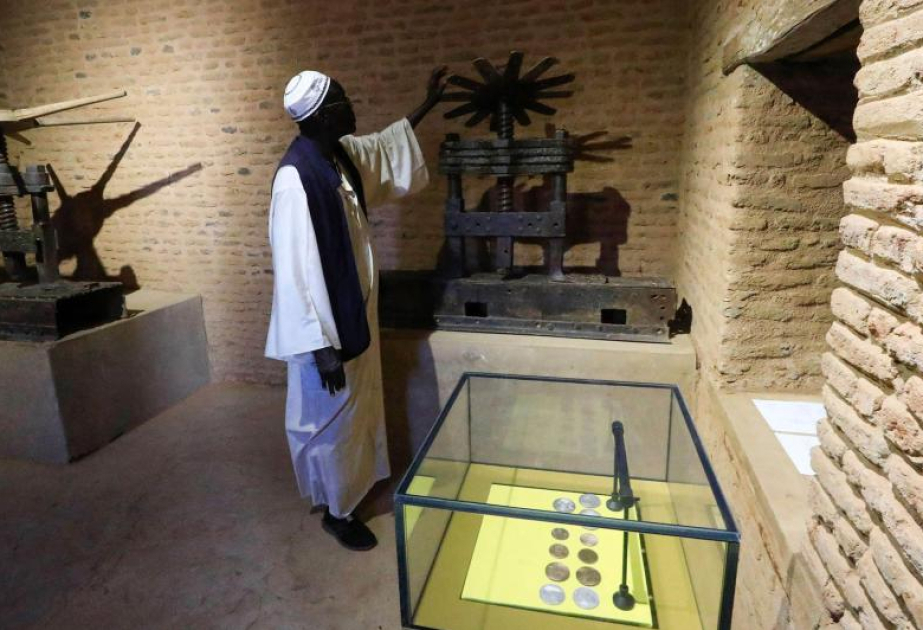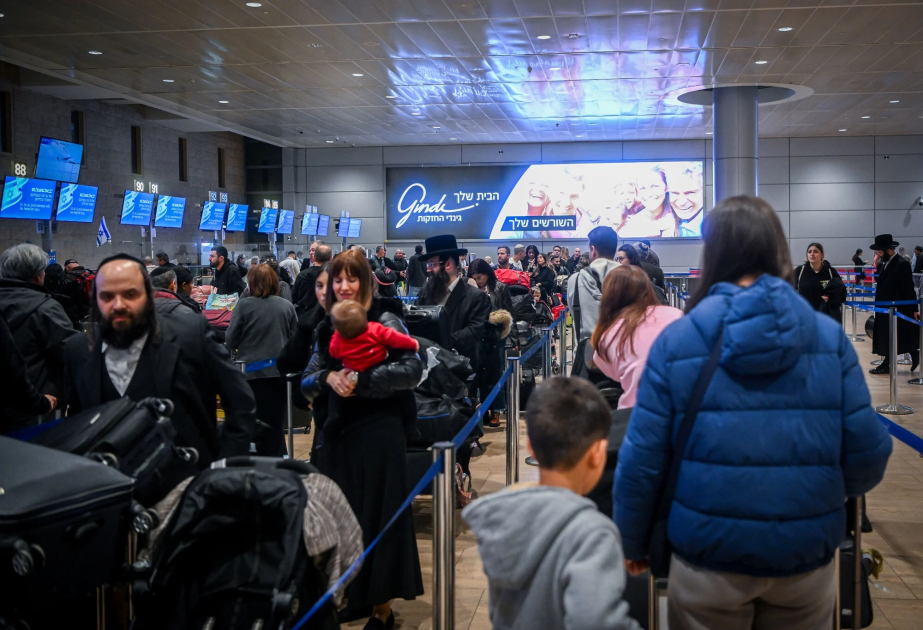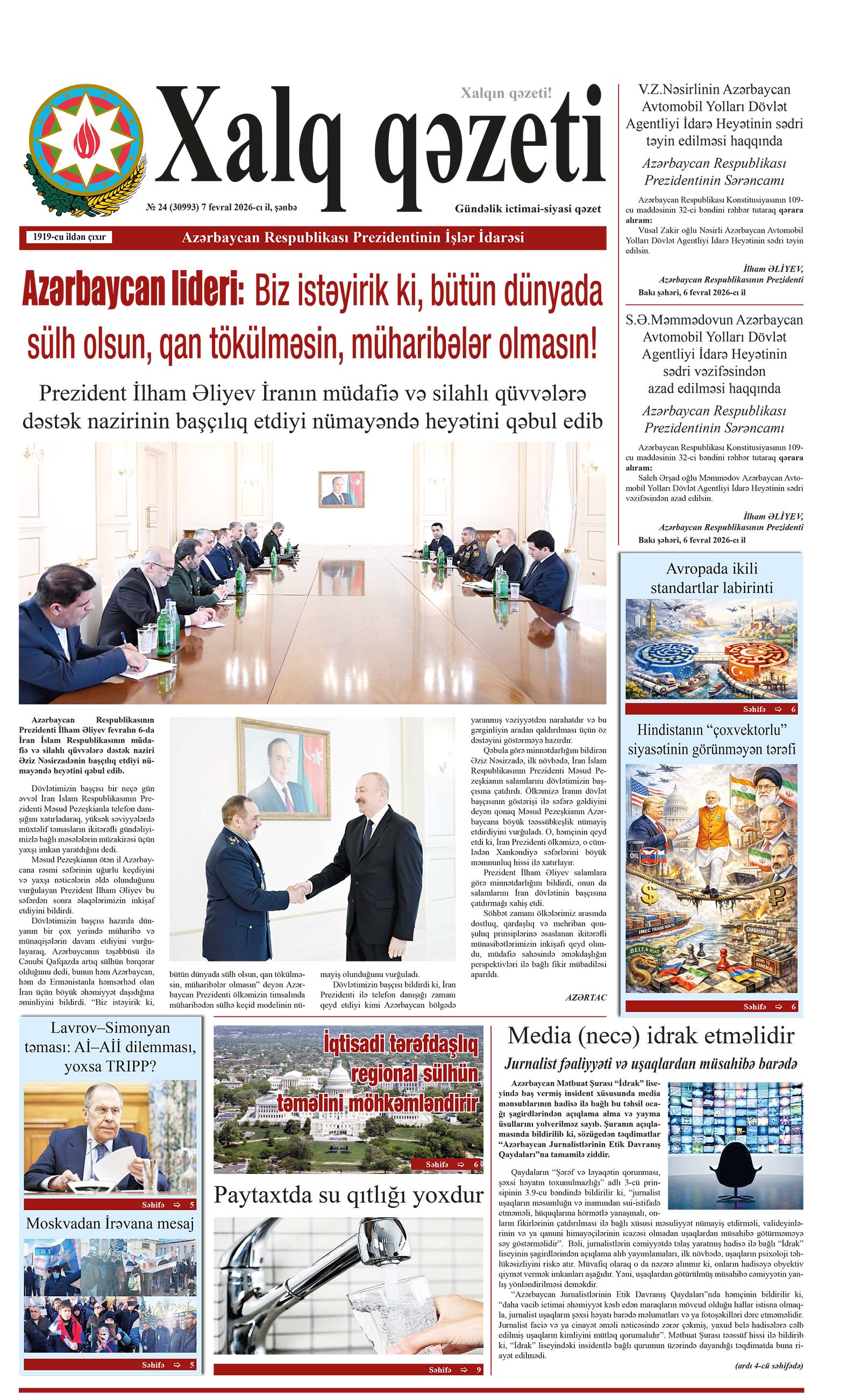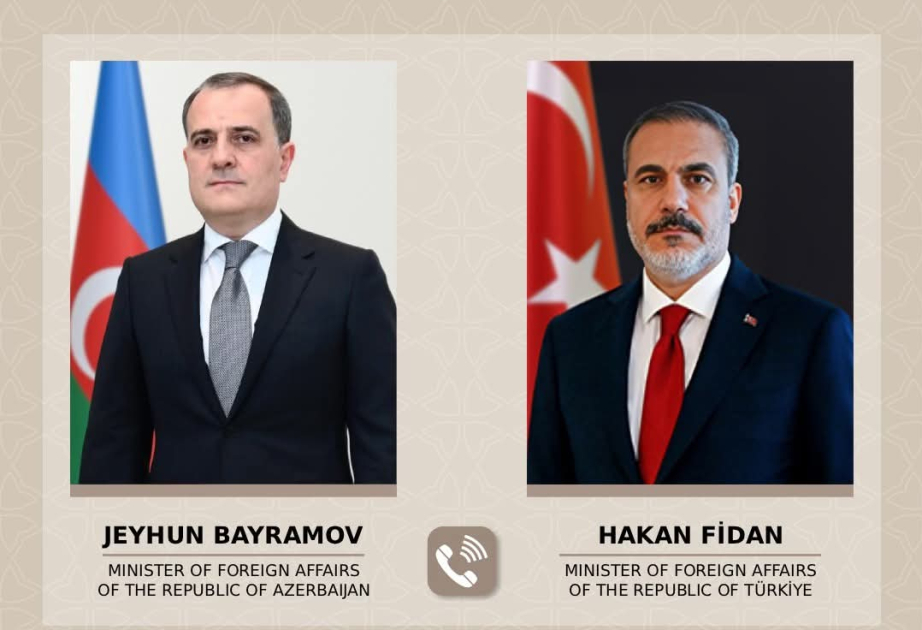UNESCO is deeply concerned about the recent reports of possible looting and damage of several museums and heritage institutions in Sudan, including the National Museum, by armed groups, according to the official website of the organization. The Organization calls on the international community to do its utmost to protect Sudan's heritage from destruction and illicit trafficking.
Since the start of the hostilities in April 2023, UNESCO has been closely monitoring the impact of this crisis on Sudan’s heritage, cultural institutions and artists. In recent weeks, this threat to culture appears to have reached an unprecedented level, with reports of looting of museums, heritage and archaeological sites and private collections.
UNESCO recalls the obligations of all parties to comply with international humanitarian law by refraining from damaging, looting or using cultural property for military purpose. The Organization is particularly concerned by reports of looting at the National Museum of Sudan, which restoration has been coordinated by UNESCO with Italy’s funding since 2019. It contains important historical pieces of antiques, statues and archaeological collections of high historical and material value.
Several other important collections, bearing testimony of Sudan’s significant history, were reported stolen from the Khalifa House Museum and Nyala Museum. The Organization is cross-checking these reports to determine the extent of the damage.
UNESCO reiterates its call upon the public and the art market involved in the trade of cultural property in the region and worldwide to refrain from acquiring or taking part in the import, export or transfer of ownership of cultural property from Sudan. Any illegal sale or displacement of these cultural items would result in the disappearance of part of the Sudanese cultural identity and jeopardize the country's recovery.
UNESCO will continue to step up its action to prevent such trafficking. By the end of 2024, it will organize a training in Cairo (Egypt) for members of law enforcement and the judiciary of Sudan’s neighboring countries. Through satellite imagery, the Organization also conducts risk and damage assessment of the World Heritage properties of “Gebel Barkal and the sites of the Napatan Region” and the “Archaeological Sites of the Island of Meroe” as well as other historical sites.
UNESCO also contributed to the implementation of emergency measures in five archeological museums[1] in Sudan: endangered collections were packed and secured, safe havens were prepared, and more than 1,700 objects have been inventoried and digitized, among others. The Organisation also provided support for Sudanese artists with the set-up of a center in Port Sudan enabling internally displaced culture professionals to pursue their artistic activities in a safe space, network and discuss common challenges, develop new skills and knowledge and interact with the local community.


















